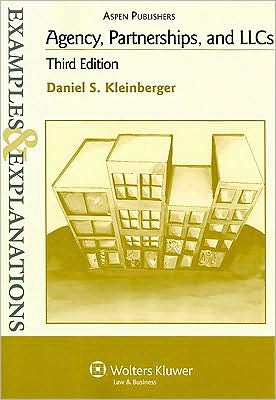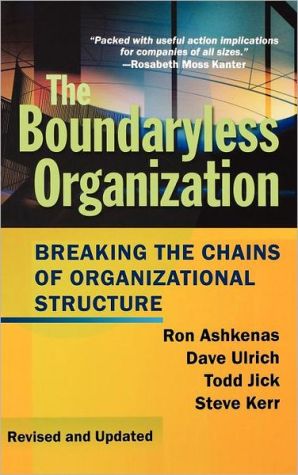Negotiating On Behalf Of Others
Negotiating on Behalf of Others explores current negotiation theory, providing a framework for understanding the complexity of negotiating for others.\ Negotiation agents are broadly defined to include legislators, diplomats, salepersons, lawyers, committe chairs — in fact anyone who represents others in negotiation.\ Leading figures in the field examine the following areas in depth: labour-management relations; international diplomacy; sports agents; legislative process; and agency law\ The...
Search in google:
Negotiating on Behalf of Others offers a framework for understanding the complexity and effects of negotiating on behalf of others and explores how current negotiation theory can be modified to account for negotiation agents. Negotiation agents are broadly defined to include legislators, diplomats, salespersons, sports agents, attorneys, and committee chairs--anyone who represents others in a negotiation. Five major negotiation arenas are examined in depth: labor-management relations, international diplomacy, sports agents, legislative process, and agency law. The book concludes with suggestions for future research and specific advice for practitioners. Chapter authors and commentators are leading figures in the field of negotiation. Negotiating on Behalf of Others is a must read for professional negotiators, graduate students, and scholars in the areas of business, public policy, law, international relations, sports, and economics. Negotiating on Behalf of Others is the result of the first of a series of seminars conducted by the faculty of the Program on Negotiation at Harvard on "complicating factors" in negotiations. The first of these complicating factors selected for study was the effect of the presence of an agent on the negotiating process. Booknews Ten essays from a seminar at Harvard Law School offer a framework to modify conventional negotiation theory, which assumes interaction between two principals, to account for the fact that most people negotiate on behalf of someone else. They look at labor-management relations, international diplomacy, sports agents, legislative processes, and agency law. An annotated bibliography suggests further reading. Annotation c. Book News, Inc., Portland, OR (booknews.com)
PrefaceIntroductionPART ONE: NEGOTIATION THEORY REVISITEDToward a Theory of Representation in NegotiationCommentaryThe Shifting Role of Agents in Interest-Based NegotiationsAuthority of an AgentCommentaryRational Authority Allocation to an AgentMinimizing Agency Costs in Two-Level GamesCommentaryMinimizing Agency CostsPART TWO: AGENCY IN CONTEXTThe Challenges for International Diplomatic AgentsCommentaryThe Role of Agents in International NegotiationLaw and Power in Agency RelationshipsCommentaryLaw and Power in Agency RelationshipsAgency in the Context of Labor NegotiationsCommentaryAgency in the Context of Labor ManagementLegislators as NegotiatorsCommentaryTurning the TablesFirst, Let's Kill All the Agents!CommentaryUnnecessary ToughnessPART THREE: PRESCRIPTIVE IMPLICATIONSMajor Themes and Prescriptive ImplicationsAgents in NegotiationsAnnotated Bibliography of Selected Sources
\ BooknewsTen essays from a seminar at Harvard Law School offer a framework to modify conventional negotiation theory, which assumes interaction between two principals, to account for the fact that most people negotiate on behalf of someone else. They look at labor-management relations, international diplomacy, sports agents, legislative processes, and agency law. An annotated bibliography suggests further reading. Annotation c. Book News, Inc., Portland, OR (booknews.com)\ \








